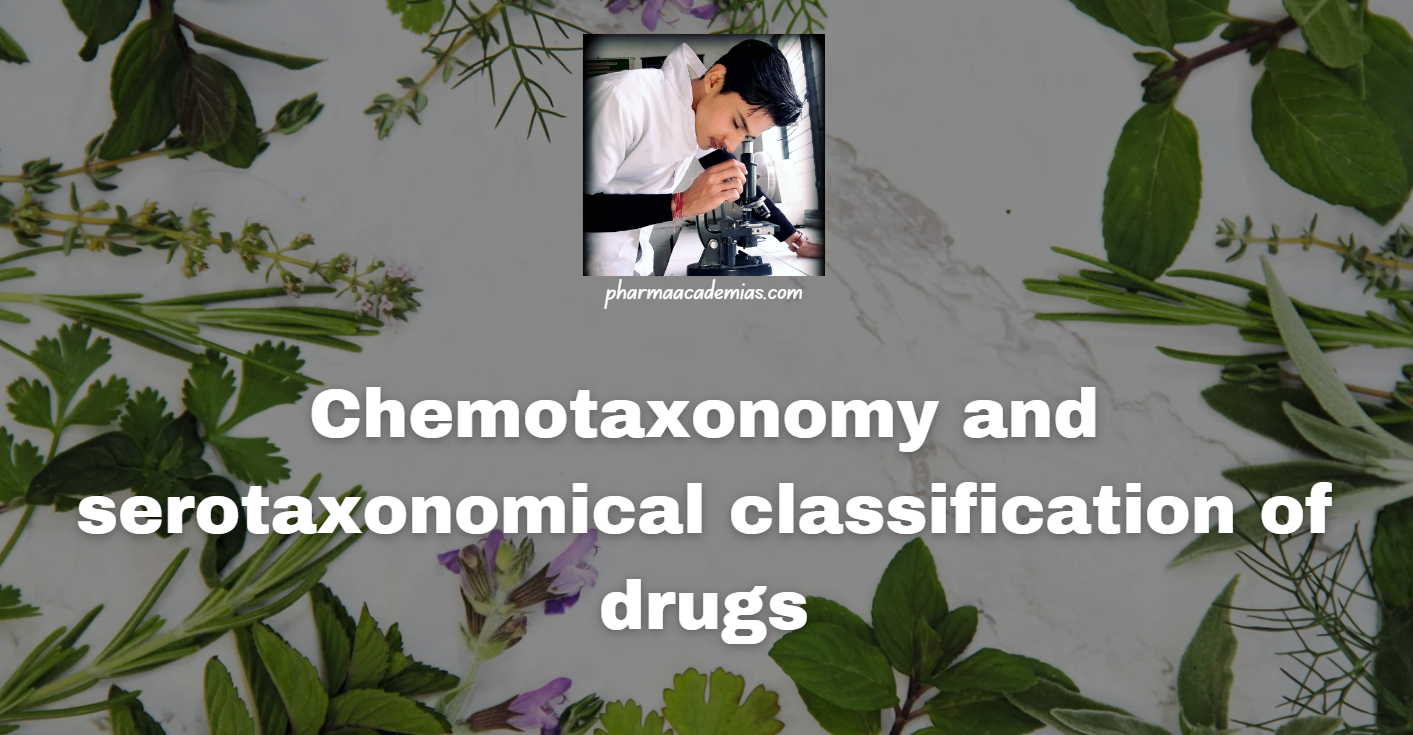Introduction to Secondary Metabolites: Definition and Classification
Secondary metabolites are organic compounds produced by plants, bacteria, fungi, and animals that are not directly involved in the normal growth, development, or reproduction of the organism. Unlike primary metabolites (such as amino acids, nucleotides, and carbohydrates), which are essential for the basic metabolic processes of life, secondary metabolites often play crucial roles in ecological … Read more



